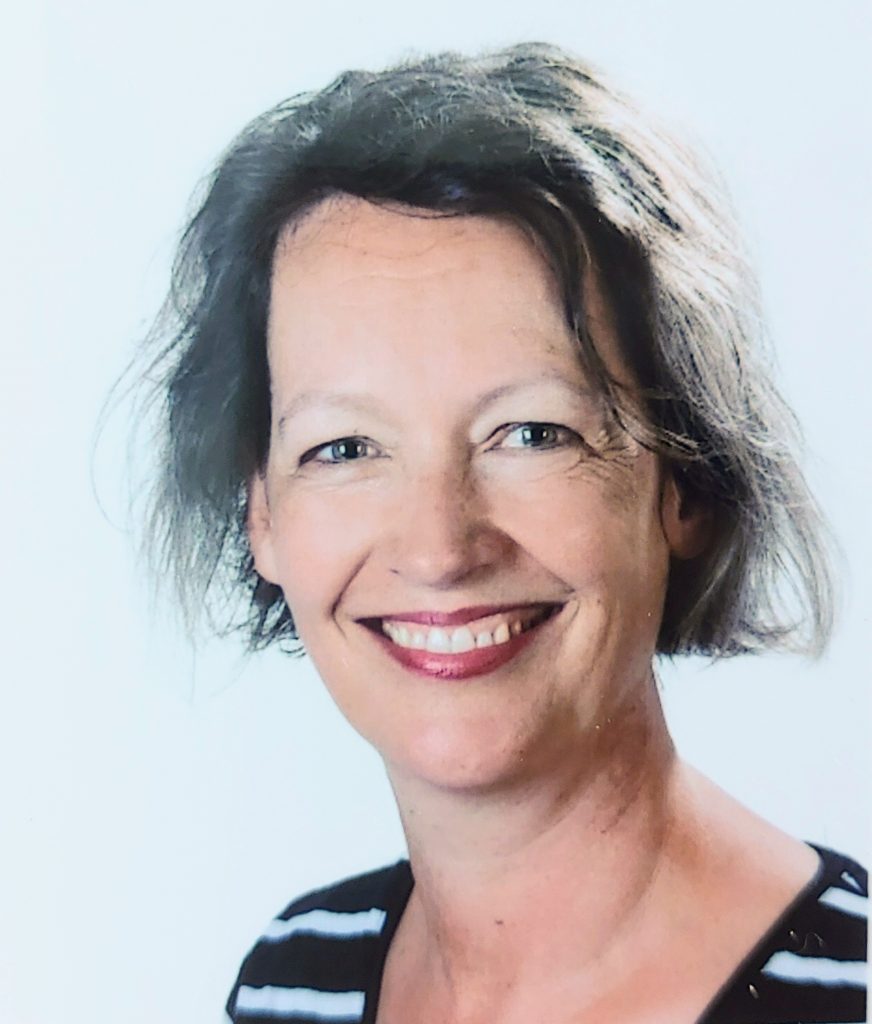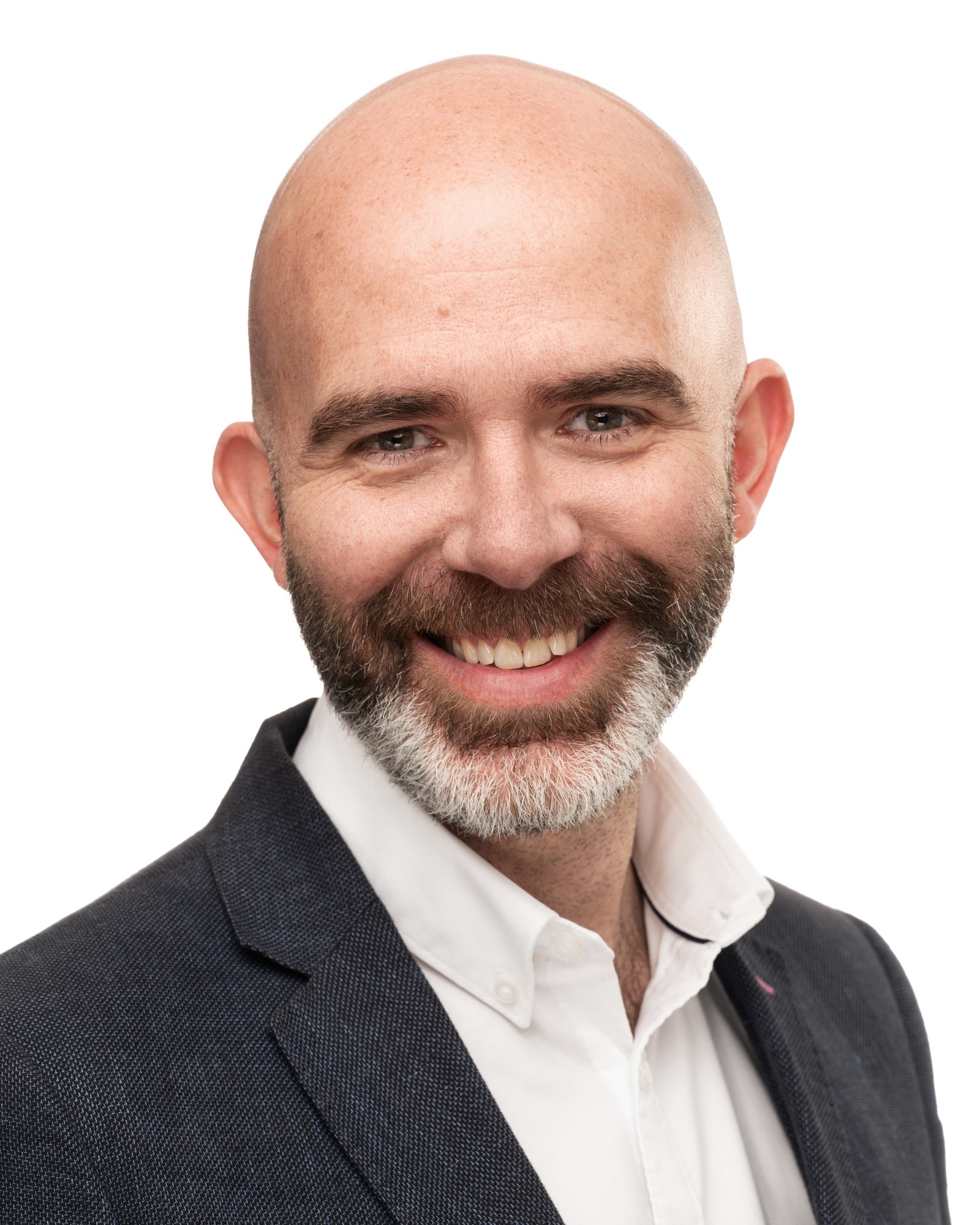We are delighted to announce the following invited plenary speakers:
- Lieselotte Anderwald (Kiel University)
- Hendrik De Smet (Katholieke Universiteit Leuven)
- Rob Drummond (Manchester Metropolitan University)
- Tove Larsson (Northern Arizona University)

(Kiel University)
Title: Non-Standardization: On the historical enregisterment of ain’t in 19th-century American newspapers
The emergence of a “non-standard” register is quite obviously the flipside of standardization: if there is no standard, there can be no non-standard. If standardization is the suppression of optional variation (Milroy and Milroy 1999: 22), then a non-standard can be thought to emerge when optional variation is “relegated” to a register of non-standard, vernacular forms, or is reassigned non-standard status (i.e. stigmatized). Examples abound from the history of English that formerly optional variants persist (multiple negation, lack of adverb-marking <–ly>, non-standard verb forms, non-standard pronouns, different concord patterns, …), but at the price of heavy stigmatization. Perhaps the most stigmatized widely-used form today is ain’t, a historically well-established negative contraction for all forms of present tense BE and HAVE (and, more recently, DO).
In this talk, I will try to show that “relegation to non-standard” is not an automatic by-product of codification or prescription, but a deliberate construction by interested parties, a process I will call “non-standardization”. Taking ain’t as my example, I trace the historical enregisterment of this negated verb in historical newspaper data (taken from the AHN database). The 19th century provides rich evidence of the increasing stigmatization of ain’t in American English, through various text types that were common in newspapers at the time (local reports, anecdotes, political satire, letters, short fiction, even poetry). In these texts, characterological figures (in the sense of Agha 2007) are constructed and disseminated, often for the purpose of humour, that are characterized linguistically by their use of features like ain’t (and, often, a host of other features). Laughing at these figures and the language they use consolidates them as stereotypes, and increasingly strongly links their language to their social characteristics, and their stigmatization.
The reconstruction of these stereotyped figures involves much qualitative, historical background work, and my talk thus also calls for a re-evaluation of qualitative, instead of solely quantitative, corpus work.
References:
Agha, Asif. 2007. Language and Social Relations. Cambridge: Cambridge University Press.
AHN: America’s Historical Newspapers: https://www.readex.com/products/americas-historical-newspapers
Milroy, James and Lesley Milroy. 1999 [1985]. Authority in Language: Investigating Standard English. 3rd edition. London & New York: Routledge..
Lieselotte Anderwald has been Professor of English Linguistics at the University of Kiel (Germany) since 2008. She is a corpus linguist specialising in non-standard grammar and has researched negation in British varieties (Negation in Non-Standard British English, Routledge 2002) and non-standard past tense forms in British dialects (The Morphology of English Dialects, Cambridge 2009). More recently, she has investigated prescriptive grammar writing in 19th-century Britain and the U.S. (Language between Description and Prescription, Oxford 2016) and has linked this to processes of language change more widely. She has also examined the evolution of morphological Americanisms, and is currently investigating the historical enregisterment of general vernacular features in a multitude of sources.
show less
(Katholieke Universiteit Leuven)
Title: Flexible habits? Individuals’ responses to ongoing change
This study explores individuals’ longitudinal behaviour with respect to ongoing change, asking how and to what extent individuals adjust to language change in their linguistic environment. To this end, data is used from the Hansard Corpus. The individuals in question are 68 prominent British politicians who were members of the House of Commons between 1920 and 2005. The changes are frequency shifts in 49 function words that have been selected bottom-up from the diachronic usage of the relevant speech community. A neural network has been trained to estimate the date of a given text based on the frequencies of the selected function words. Applied to individual usage data, the error of the neural network’s estimates can be taken as a proxy to an individual’s positioning with respect to the speech community. Overestimates suggest that an individual is on the whole ahead of the community, whereas underestimates indicate that an individual is on the whole behind on the community. Based on analysis of this data, it is argued that the major divide between patterns of individual longitudinal behaviour is not between progressiveness or conservatism. Instead, it is between speakers who generally adjust to population norms and track ongoing change, and speakers whose adjustments are only partial and accompanied by anomalous and apparently idiosyncratic developments. It is suggested that this divide reflects more basic psychological differences between speakers, whereby the feedback loop from exposure to mental representation and re-use is to a greater or lesser degree attuned to speakers’ linguistic environment.
show lessHendrik De Smet is associate professor of English linguistics at the Department of Linguistics at KU Leuven. His research is concerned with the mechanisms of language change, particularly the question of how grammatical and semantic changes can find a foothold in a language system and within a speech community. To answer this question, he tries to exploit historical corpus data to peak into the minds of speakers of the past. He teaches historical linguistics, English linguistics and cognitive-functional linguistics. He firmly believes in sharing the corpora he compiled, and in reaching out to the general public to promote his discipline through the linguistics blog (in Dutch) he co-founded.
show less
(Manchester Metropolitan University)
Manchester Voices is a large-scale sociolinguistics project that ran between May 2019 and January 2023. Its aim was to take a community-engaged approach in exploring the accents, dialects and identities of people living across the ten boroughs of Greater Manchester, a city-region in the Northwest of England.
Despite the challenges of a global pandemic on conducting community-engaged research, the project was able to collect spoken data from almost 500 people, creating a shareable corpus of voices from an important region of the UK. 200 of these people were visitors to our Accent Van – a mobile recording studio that we drove to community locations and events across the region. Others took part online in our Virtual Van, or in response to a call for people to ‘Submit Your Voice’ by completing an online spoken task. 350 people also took part in a perceptual study which explored folk-linguistic descriptions of, and feelings towards, language variety in the region.
In this talk I will discuss the benefits, practicalities and challenges of taking this kind of approach to sociolinguistics research and provide detail on some of the innovative methods we employed. I will then explore some of the data and findings, describing our various analytic tools and what they helped us to uncover. For example, the surprisingly distinct accent differences between the boroughs, the patterns of accent and dialect perception across the region, the topic-related style-shifting evident in archive recordings from the 1980s, and the personal insights people shared from their own experiences in relation to the way they speak and what it means to them. Throughout the talk I will include the bits that went well, but also the bits that went less well, with the aim of encouraging us all to learn from the hugely enjoyable, but also difficult, imperfect and often messy experience of doing language research.
Rob Drummond is Professor of Sociolinguistics at Manchester Metropolitan University, UK. His primary interests lie in the relationship between spoken language and identity, and language-based prejudice. He recently led the Manchester Voices project (manchestervoices.org) which explored the accents, dialects and identities of people in Greater Manchester, creating a shared dataset of recorded reflections on language from the region. Rob does a lot of public-facing academic work, and is the author of You’re All Talk: Why we are what we speak (Scribe Publications, 2023).
show less
(Northern Arizona University)
If we build knowledge in a systematic way, where subsequent studies are explicitly informed by previous studies, we can move the field’s state-of-the-art forward more effectively. As corpus linguistics matures as a field, there are more and more research areas in which we may wish to build cumulative knowledge in this way. We can do so by (i) systematically synthesizing findings from previous research and interpreting new findings in relation to those, and (ii) formulating and testing increasingly specific hypotheses based on (i). For the former, the field arguably already has all the tools necessary; for the latter, however, our commonly-used approaches will only get us part of the way there.
For example, if we want to generalize to the population from which our corpus sample is drawn, we use inferential statistics (e.g., chi-square tests, various kinds of regression models). However, in their common usage, these methods do not enable us to explicitly build upon findings obtained from previous studies: Almost always, our null hypothesis is ‘in the population, there is no difference or relation’ and our alternative hypothesis is ‘in the population, there is a non-zero difference or relation’. If our obtained p-value is below the α level (typically 0.05), we reject the null hypothesis and retain the alternative hypothesis. That is, given the traditional way we tend to use these techniques, we are stuck asking ‘is there a difference/relation?’ in an agnostic manner over and over, without being able to formally incorporate information obtained from prior studies about previously observed differences and relations (see Larsson, Biber, & Hancock, forthcoming).
In this talk, I will discuss benefits of cumulative knowledge building and how it can help us move the field forward. I will also report on findings from linguistic studies of register and grammatical complexity to show how specific hypotheses informed by previous findings can be tested through minimally sufficient statistical techniques that, rather than pulling us away unnecessarily, keep our focus firmly on the language data of interest.
References
Larsson, T., Biber, D., & Hancock, G. R. (Forthcoming). On the role of cumulative knowledge building and specific hypotheses: The case of grammatical complexity. Corpora, 19(3).
Tove Larsson is Assistant Professor of Applied Linguistics at Northern Arizona University. She is also affiliated with Uppsala University and UCLouvain. She specializes in corpus linguistics and research methods, focusing specifically on learner corpus research, L2 writing, and grammatical complexity. Her work appears in journals such as the International Journal of Corpus Linguistics, Corpus Linguistics and Linguistic Theory, and Research Methods in Applied Linguistics. She serves on several editorial boards (e.g. Journal of English for Academic Purposes) and is the Review Editor for the International Journal of Learner Corpus Research. She has taught courses on linguistics, research methods, and statistics in Sweden, Belgium, and the U.S.
show less